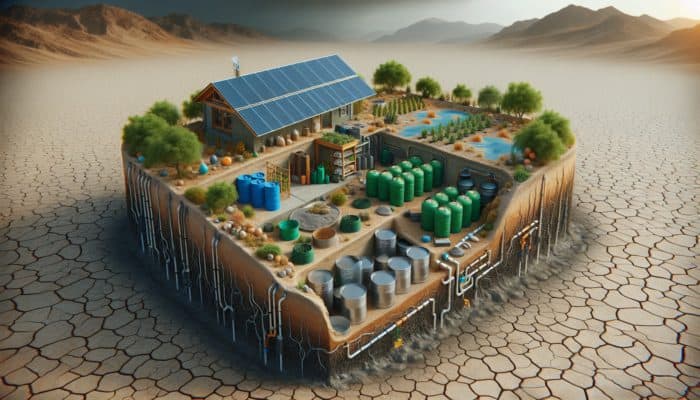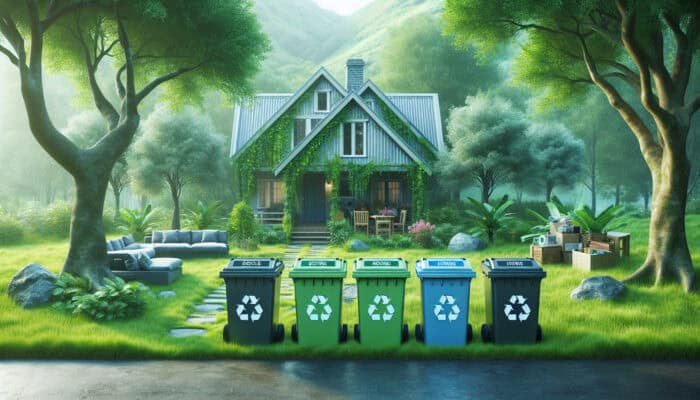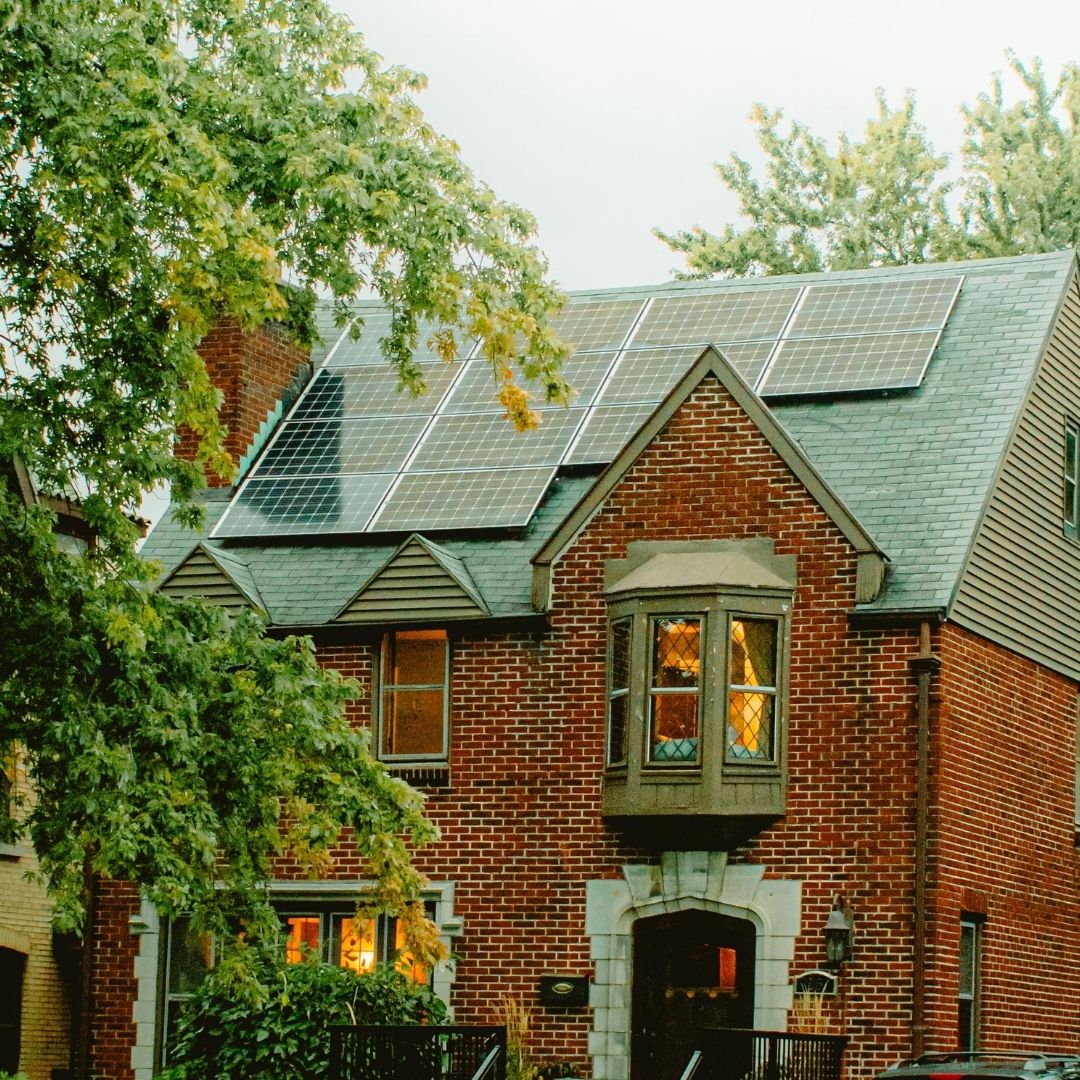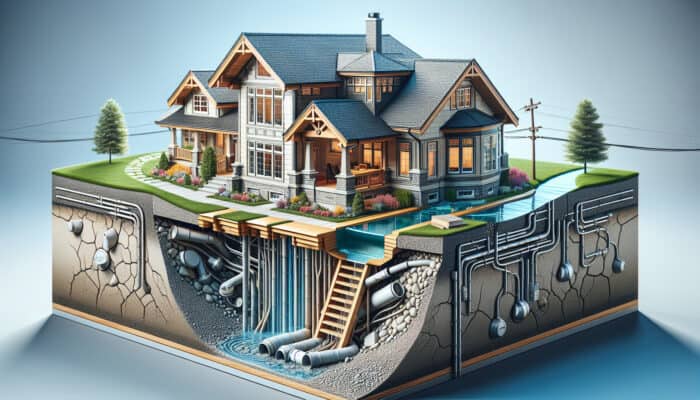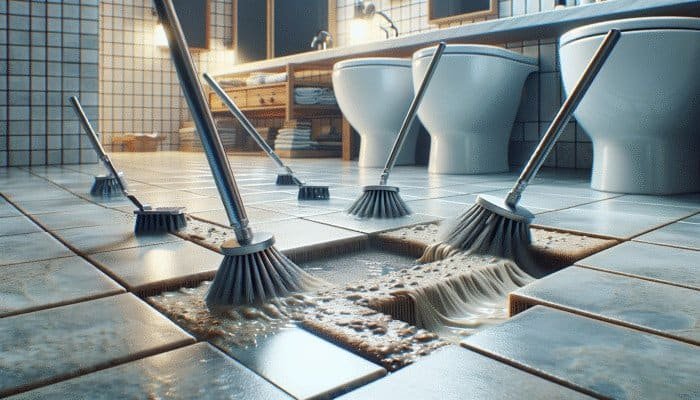If you're contemplating the installation of a solar hot water system in Queensland, understanding the role of booster systems is essential for homeowners. These systems are not just an optional addition; they are crucial for optimizing your solar hot water setup. So, are booster systems really necessary for your solar hot water configuration? What challenges might you face if you decide to skip this critical component? Answering these questions is vital for anyone looking to enhance their hot water efficiency and guarantee a reliable supply, especially in varying weather conditions.
The answer is a firm yes — a booster is indispensable. In this detailed guide, we will explore how solar hot water systems function, the specific scenarios that trigger boosters, and essential insights for homeowners in Queensland. This knowledge will help you avoid unexpected cold showers and ensure a steady hot water supply no matter the season.
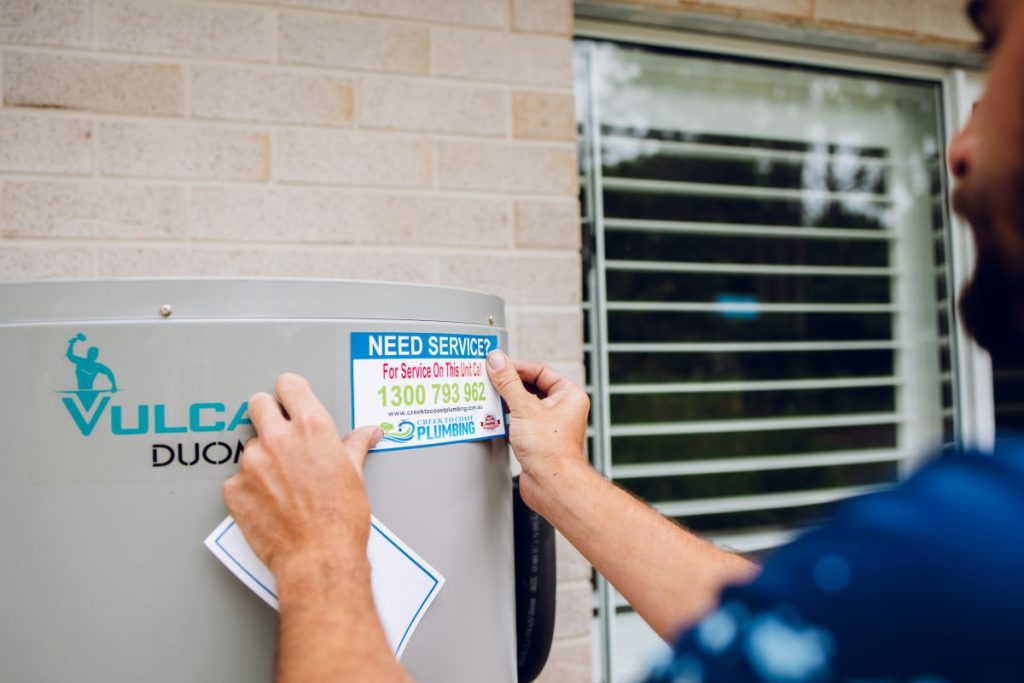
Discover Why Boosters Are Essential for Your Solar Hot Water System
A booster serves as a secondary heat source that can be powered by electricity or gas, effectively heating your water supply when solar energy is insufficient. This capability is critical for ensuring you have a consistent supply of hot water during various situations, including:
- Overcast or rainy days when solar energy is diminished
- Early mornings or late evenings when sunlight is scarce
- Winter months with shorter daylight hours that can limit solar gain
- High-demand situations, such as when multiple showers or laundry loads are in use
Without a booster, your solar hot water system may struggle to provide a steady stream of hot water, especially during peak usage times or adverse weather conditions. Therefore, understanding the role of a booster is crucial for improving your hot water experience and ensuring your home's comfort.
Choose Wisely: Electric vs Gas Boosters for Optimal Performance
Electric Boosters are commonly used in homes that rely solely on electricity for their power needs. These systems kick in automatically to heat the water whenever solar input falls below a predetermined level. The advantages of electric boosters include:
- Widely available and easy to install, making them a popular choice among homeowners
- Lower initial installation costs compared to gas systems, making them budget-friendly
- Automated operation ensures hot water is available when needed, significantly enhancing convenience
- Potentially higher running costs, which may vary based on your energy tariff structure
Gas Boosters, conversely, are typically preferred in homes that already have a gas supply. These systems offer on-demand heating, activating only when hot water is required. The benefits of gas boosters include:
- Rapid and efficient heating capabilities, ensuring hot water is delivered promptly
- Generally lower running costs compared to electric boosters, which can lead to significant savings
- Higher initial installation costs if a gas connection is not already available, necessitating additional investment
For households with continuous-flow requirements or those transitioning from off-grid solar systems, we highly recommend considering gas boosters due to their efficiency and superior performance benefits. This ensures that your hot water needs are consistently met without interruption.
Seamlessly Integrate Solar Boosters with Your Hot Water System
Most solar hot water systems are designed with a thermostat or sensor that continually monitors the water temperature. If the temperature dips below the required level—commonly set at 60°C for health compliance—the booster automatically activates to ensure you always have access to hot water, regardless of external conditions or weather changes.
Homeowners have two options for managing their booster systems:
- Manual Boosting: This option gives you control over when to activate the booster system, allowing for flexibility based on your needs.
- Automatic Boosting: The system activates the booster only when necessary, providing increased convenience for users.
In Queensland, automatic boosters are more commonly used due to their compliance with local regulations and the convenience they offer homeowners, ensuring peace of mind and a reliable hot water supply throughout the year.
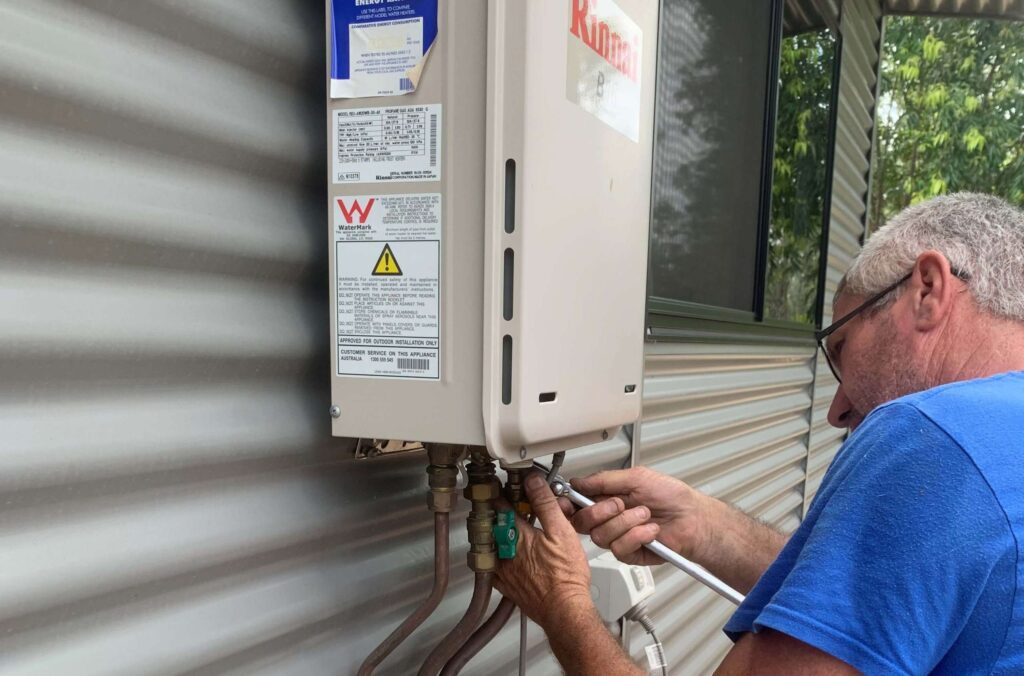
Understand Key Regulations for Solar Hot Water Systems in Queensland
Indeed, as outlined by the Queensland plumbing regulations, it is mandatory for a compliant solar hot water system to consistently deliver hot water year-round. This requirement clearly indicates that a booster is essential for both compliance and effective functionality.
This regulation also plays a significant role in safety standards. To prevent the proliferation of harmful bacteria such as Legionella, hot water must consistently reach at least 60°C. Without a booster, maintaining this critical temperature can be challenging, especially during cloudy or cold days when solar input is insufficient.
Recognize Common Issues with Your Solar Booster System
How can you tell if your booster is malfunctioning? Keep an eye out for these common signs:
- Water that stays lukewarm during the colder winter months, indicating a potential problem
- Experiencing cold showers in the mornings, even after sunny days, suggesting inadequate heating
- System fault lights or error codes appearing on your unit, indicating possible malfunctions
- Hot water only available after extended exposure to sunlight, implying insufficient heating capacity
What steps should you take?
If your system is not performing as expected, the issue may lie with the booster rather than the solar panels.  Schedule a comprehensive system check with our professional team to efficiently identify and resolve any issues.
Schedule a comprehensive system check with our professional team to efficiently identify and resolve any issues.
Recommended Maintenance Intervals for Solar Boosters
To ensure that your solar system and booster function at optimal levels, we recommend scheduling maintenance every 2–3 years. However, you may need to arrange for servicing sooner if you notice:
- Your system is over five years old, which can result in decreased efficiency
- Inconsistent water temperatures, signaling potential malfunctions or wear
- A significant amount of time has elapsed since the inspection of the anode rod or valve, which can impact overall performance
Regular maintenance not only helps prevent breakdowns but also ensures that your booster activates when needed, providing you with consistent hot water during critical times, thereby enhancing your overall comfort and satisfaction.
Evaluate the Effect of Boosters on Your Energy Expenses
A well-installed and properly maintained booster system typically has a minimal impact on your energy bill, especially in comparison to systems solely reliant on electricity for heating water. This efficiency is vital for managing household expenses over the long term.
To decrease the frequency of booster usage and associated costs, consider implementing the following strategies:
- Install a timer for manual boosters to optimize energy usage effectively and minimize wastage
- Use hot water primarily during daylight hours when solar energy is plentiful and more cost-effective
- Insulate your pipework to reduce heat loss, enhancing overall efficiency and lowering energy consumption
Professional Assistance for Your Solar Booster Requirements in Queensland
We offer comprehensive services for the supply, installation, and maintenance of solar hot water systems with boosters across Caboolture, Moreton Bay, and North Brisbane. If you’re uncertain about your booster’s functionality or need help determining the best type for your system, we are here to guide you through your options and ensure you make an informed choice.
 Contact a qualified solar plumber today for expert advice regarding your system.
Contact a qualified solar plumber today for expert advice regarding your system. Explore detailed cost comparisons and various system types here to make a well-informed decision that meets your needs.
Explore detailed cost comparisons and various system types here to make a well-informed decision that meets your needs.
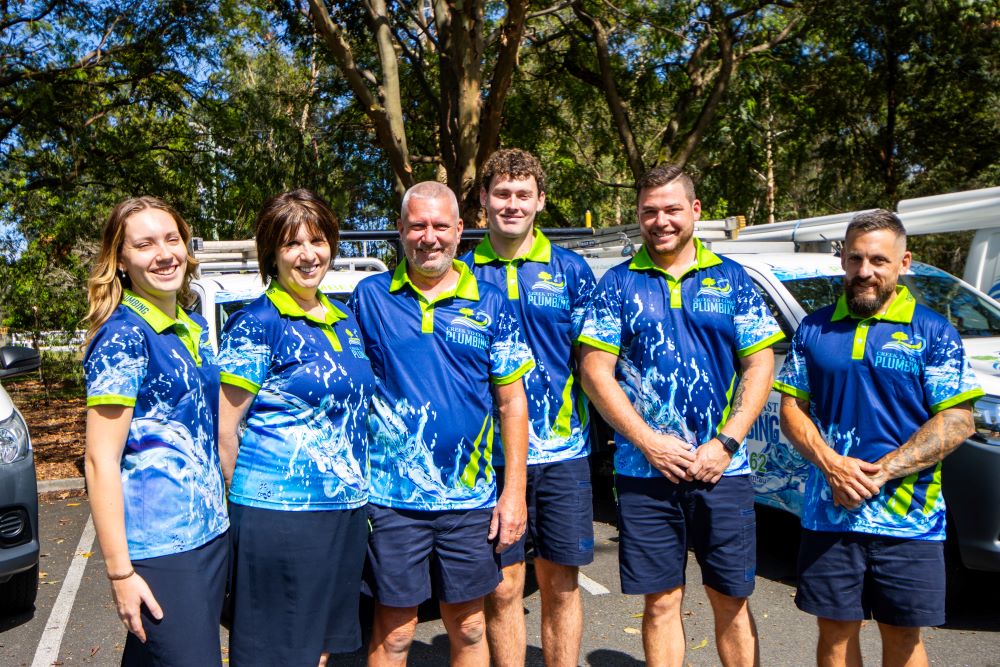
Get Answers to Common Questions About Solar Boosters
Can I turn off my booster to save energy?
Yes, you can disable it, but this is only advisable if your system permits manual control. However, proceed with caution—without proper monitoring, the risk of experiencing cold water increases significantly, especially during high-demand periods.
What is the ideal temperature for hot water?
Hot water should reach at least 60°C for storage systems. This temperature is not only a legal requirement but also a critical health standard in Queensland to ensure safety and prevent bacterial growth. Homeowners must be aware of this requirement to maintain a safe environment.
Is it possible to add a booster to an existing solar system?
Absolutely! We can retrofit boosters onto compatible systems or help you upgrade to a new model featuring integrated controls for improved functionality and efficiency, ensuring your hot water needs are effectively met.
The Article: Solar Hot Water Systems: Is a Booster Necessary? first appeared on https://writebuff.com
The Article Booster for Solar Hot Water Systems: Is It Needed? Was Found On https://limitsofstrategy.com
The Article Booster for Solar Hot Water Systems: Do You Really Need It? First Appeared ON
: https://ad4sc.com


